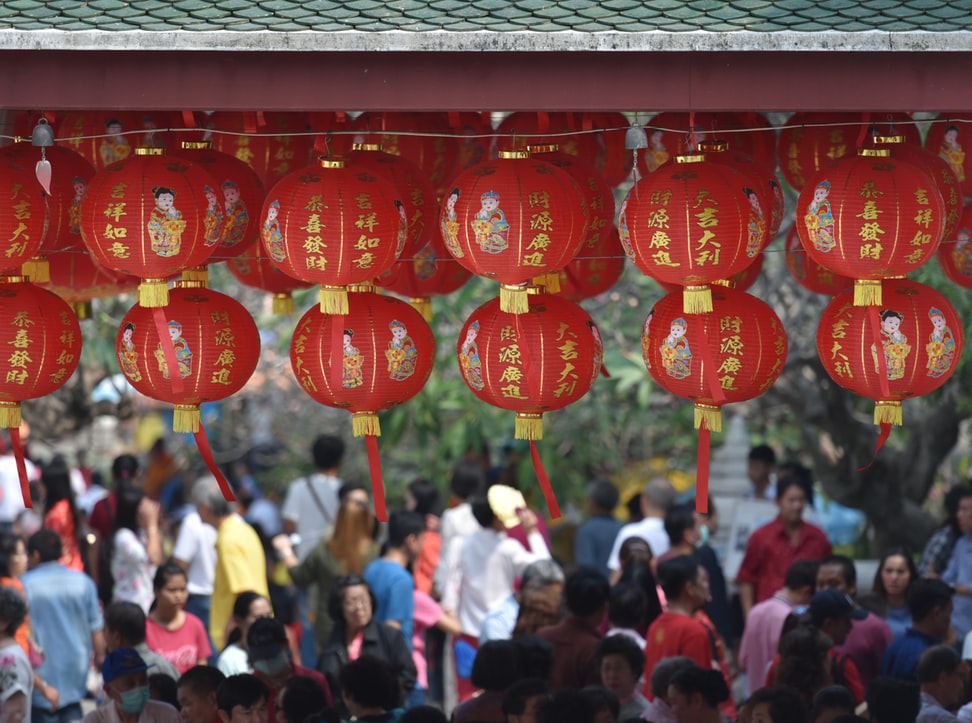Kong See Fatt Chai: Reflection on Lunar Chinese New Year by Alex Tang —
The greatest annual human migration on earth often goes unnoticed by the world. Every year, between January 10 to February 18, billions of Chinese people will rush home to celebrate the Lunar New Year Spring Festival with their families. This year CNN estimated 3 billion people are making the trip by rail, cars, air, and sea. This tradition to spend the dinner with their families (reunion dinner) on Chinese Lunar New Year eve is the major festive event on the Chinese calendar. Spring is a time of new birth, where the old year is left behind, and a new year is welcomed. The Chinese will make sure all debts are paid before the year ends. This is similar to the Jewish Passover and Jubilee festival.
The seasons of death and rebirth is deeply ingrained into the Chinese culture due to their close observation of the four seasons. The ancient Chinese are monotheistic. They worship a one god called Shang Di, whose attributes are very similar to the God of Abraham, Isaac, and Jacob. Unfortunately, under the Emperor Qin Huang Ti, the dragon replace Shang Di as the center of worship, and he himself become the ‘ancestral dragon’. The dragon, in Chinese culture, is regarded as good and beneficent, unlike the dragon/serpent in the West. Thus the Chinese people was deceived and undergoes generations of intense suffering and pain under the Deceiver. We have only to look at their long history of suffering under their Dragon Emperors, warlords, and recent history under the Communists.
Every Lunar Chinese New Year brings a theme of hope. A new year with a fresh start. The possibility of being better than the previous year. That is why it is such an important Chinese festival. And why so many Chinese make their annual long journey home. Some will travel days or weeks. It is to be with family at the close of the old year, and to welcome, hopefully a better year, with family. During the New Year day, the Chinese wish each other “Kong Hee Fatt Chai” meaning “wishing you prosperity in health and wealth”.
Every New Year brings hope of spiritual renewals. Isaiah notes that the Messiah will deliver the peoples from darkness including the Chinese people!
Isaiah 49:12 (NKJV)
12 Surely these shall come from afar; Look! Those from the north and the west, And these from the land of Sinim.”
The Hebrew word Sinim in the Mesoretic text means Chinese. Most scholars find it strange that Isaiah will mention Chinese so they look around for a similar sounding tribe. They found a tribe, the Syennites, who lived near the Aswan, which is in the south.
Isaiah 49:12 (NIV)
12 See, they will come from afar— some from the north, some from the west, some from the region of Aswan.”
The only reason Aswan was chosen is because the translators and scholars was trying to fit everything into the context of what Isaiah was saying. Isaiah mentioned north and west. It was the translators and scholars who chose the Syennites (south) instead of the Chinese (east). It is strange that they did not look east. Nevertheless, Jesus will deliver the Chinese people from the darkness and this new decade will see a powerful movement of the Holy Spirit among a country which is unleashing another level of persecution on Christians and other religious traditions. Out of this refining fire will come a stronger Church; one purified by suffering and pain. The Lunar Chinese New Year brings hope. Hope for new beginnings, new life, and a prosperous new year.
Alex Tang is a pediatrician, educator, author, and spiritual director. Please visit his website Kairos Spiritual Formation www.kairos2.com and befriend him on Facebook

